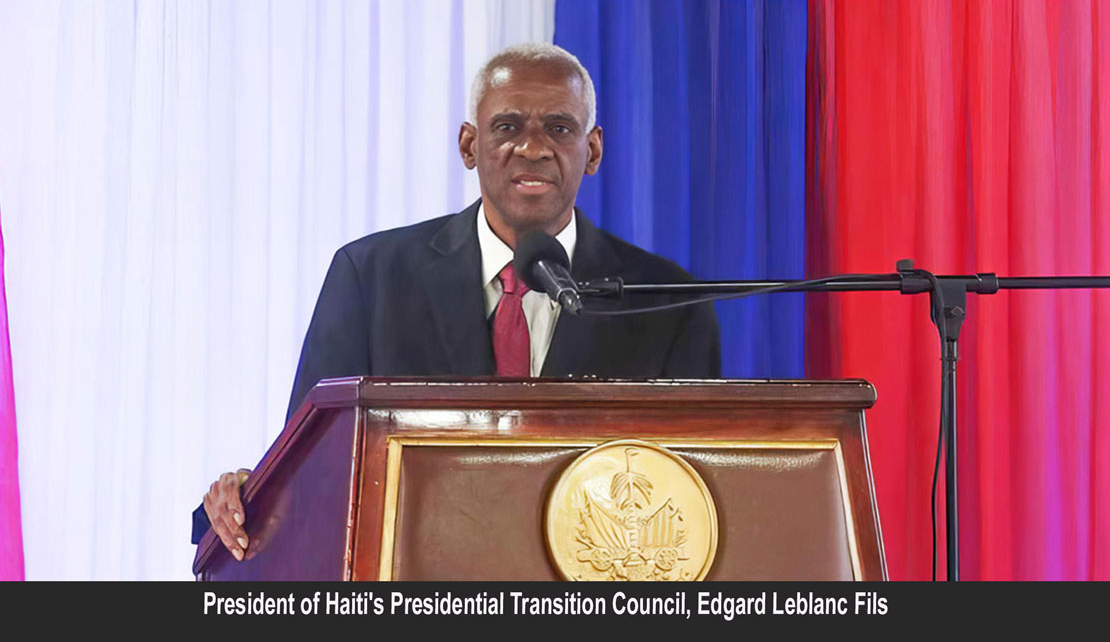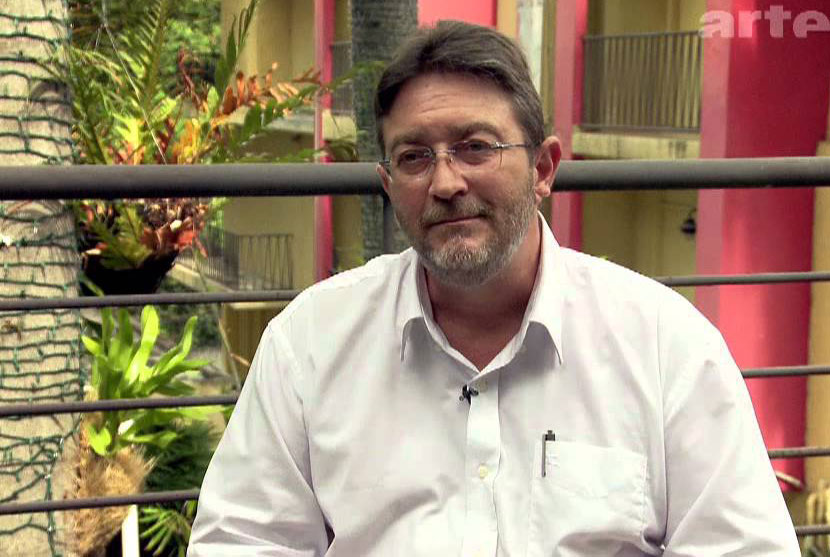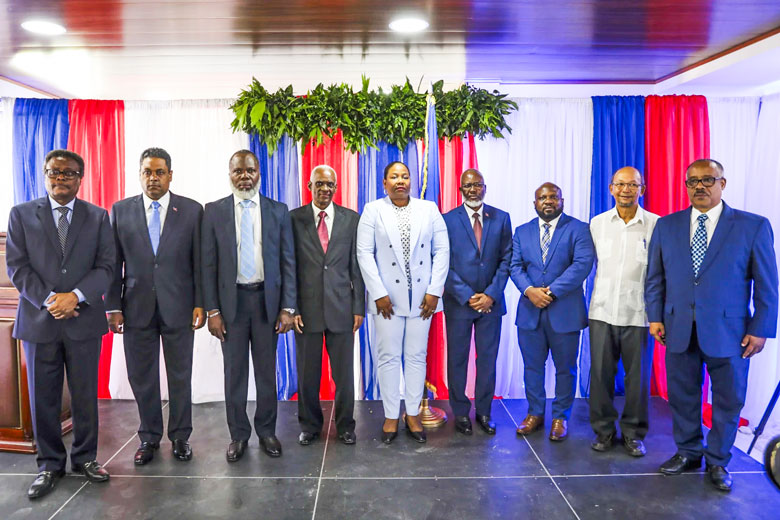HAITI | Secretive Prime Minister Appointment Stirs Controversy in Haiti's Transitional Council

PORT-AU-PRINCE, Haiti — In a move that has shocked many, the newly formed Haitian Presidential Transition Council (CPT), established with the backing of the Caribbean Community to usher in stability amid Haiti's chaos, has been plunged into early controversy.
Last Tuesday, the council unexpectedly announced the appointment of Fritz Bélizaire as the new Prime Minister, a decision made by a select few who got together to form a voting majority bloc, which has ignited fierce debate and division within the council itself.
At the heart of this discord is the method of Bélizaire's selection. Four out of the seven council members, forming a tight-knit and secretive alliance, orchestrated the appointment, bypassing the expected consensus. This move has not only taken many Haitians aback but also signaled potential fractures within the Transitional Council tasked with navigating the nation through a violent storm of gang-led instability.
The Secretive Cabal's Influence and the Broader Political Play
 The clandestine actions of the cabal, comprising members like Emmanuel Vertilaire, Louis Gérald Gilles, Smith Augustin, and the council's new president Edgard Leblanc Fils, have been sharply criticized. Notably, they are accused of violating the council's foundational political accord which mandates decisions by consensus. This controversial appointment suggests an unsettling alignment with external political forces, particularly Jean-Charles Moïse, a formidable political figure who, despite not being a council member, is perceived as a key influencer behind Bélizaire's nomination.
The clandestine actions of the cabal, comprising members like Emmanuel Vertilaire, Louis Gérald Gilles, Smith Augustin, and the council's new president Edgard Leblanc Fils, have been sharply criticized. Notably, they are accused of violating the council's foundational political accord which mandates decisions by consensus. This controversial appointment suggests an unsettling alignment with external political forces, particularly Jean-Charles Moïse, a formidable political figure who, despite not being a council member, is perceived as a key influencer behind Bélizaire's nomination.
The reaction from the Montana Accord and wider civil society has been one of outright denunciation. They decry what they view as a "complot" hatched in secrecy against the Haitian populace, indicative of the broader manipulation by what is termed as political and economic mafia forces. These forces are feared to be steering the presidential council and, by extension, the government, enabling a continued grip over the state by the oligarchs.
Public Distrust and Critical Voices

As the council grapples with internal discord and external pressures, the future of Haiti hangs in the balance. The need for a genuinely transparent, inclusive, and consensus-driven approach is more pressing than ever, especially as the nation seeks to navigate away from the shadows of oligarchic control and towards a stable and democratic governance structure.
The stakes are exceptionally high, as the continuation of political machinations without broad agreement threatens to undermine the fragile progress made towards national recovery. The unilateral decision to appoint Fritz Bélizaire, without wider council approval, highlights a critical weakness in the governance model that the Transitional Council was supposed to improve upon. Such actions risk alienating not only members within the council but also the Haitian public, who are desperate for signs of genuine leadership capable of addressing the country's dire issues.
Erosion of Public Confidence and the Peril of Ongoing Violence
The public's reaction to Bélizaire's appointment has been one of apprehension and skepticism. Amidst the rampant gang violence that has gripped Port-au-Prince and beyond, the notion that the Transitional Council could become yet another puppet to hidden oligarchic interests is causing distress among Haitians. The lack of transparency and the perceived continuation of the old guard's tactics are seen as direct threats to any hope for stability and peace.
Adding to the complexity is the vocal opposition from some council members who are considering extreme measures such as challenging the decision or even resigning in protest. Such division within the council not only weakens its ability to act decisively but also diminishes its credibility in the eyes of international supporters and the Haitian diaspora, who are closely monitoring the situation with an expectation for change.
The Path Forward: Calls for Unity and Integrity

As the council prepares for upcoming general elections, the integrity of its actions will be under intense scrutiny. It is imperative that the leadership takes definitive steps to mend the rifts within its ranks and to engage with the broader population in a meaningful dialogue about the country's future. Only through a genuine commitment to democratic principles and a rejection of behind-the-scenes maneuvering can Haiti hope to achieve the stability and prosperity that its people so desperately seek.
In conclusion, while the establishment of the Haitian Presidential Transition Council was a step towards addressing the chronic instability, the recent developments have shown that much work remains. The path to a peaceful and prosperous Haiti is fraught with challenges, but it is only through unity and adherence to democratic processes that true progress can be made. Let's hope that the council recognizes this critical juncture and acts accordingly to steer Haiti towards a brighter future.
-30-
